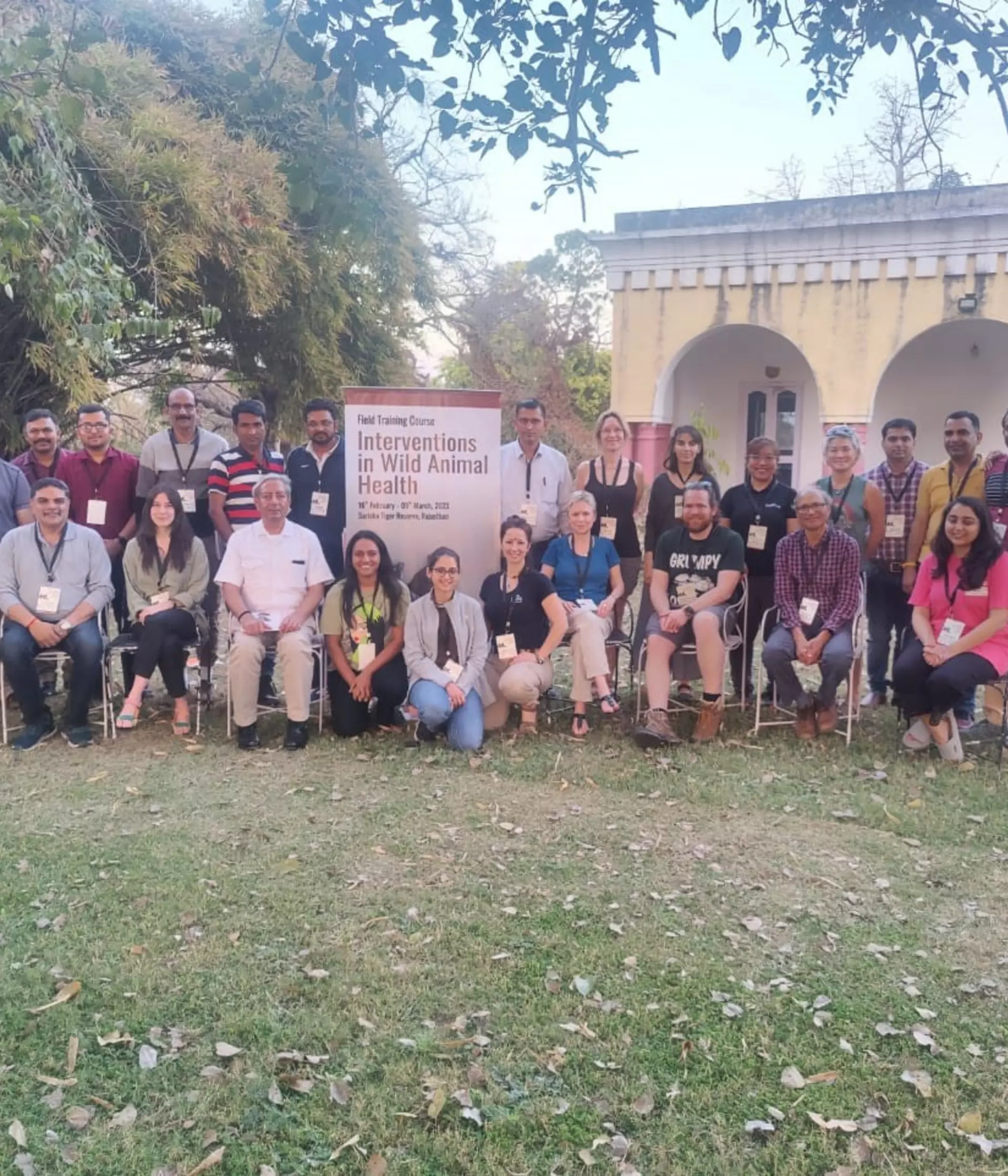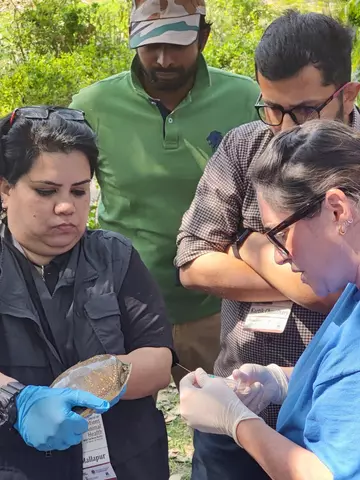
Passionate wildlife veterinarians from around the world have joined this year’s Interventions in Wild Animal Health (IWAH) course - which took place in Sariska National Park, Rajasthan - to learn the practical skills needed to investigate wildlife diseases.
Experts from the Wildlife Health Bridge, a collaboration between ZSL, the Wildlife Institute of India, University of Edinburgh, Royal Veterinary College and University of Melbourne, came together between 16 February and 5 March to give professional veterinarians from across the world hands-on training in population monitoring, disease outbreak investigation and surveillance, and in field anaesthetic techniques.

Practical wildlife health training
This year students on the IWAH course included wildlife vets from South Asia, Iran, the Philippines, Belgium, Canada and Hong Kong - all keen to learn more about the role they can play in protecting species and restoring biodiversity during their work with wild animals.
Nine of the wildlife veterinarians were from National Parks in India, playing a particularly important role in conserving sub-continental wildlife. Participants posted regular updates throughout the course, with Dr Karthik Chaudhary describing his experience at IWAH as ‘an excellent learning opportunity for us all’.
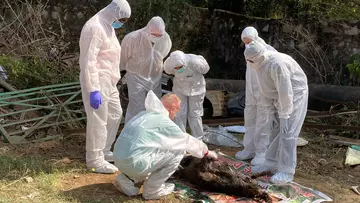
Our Head of Wildlife Health Services, Dr Amanda Guthrie, led on animal restraint training, helping students safely carry out practical health checks on wild deer and reptiles. She said, “The IWAH course is a wonderful opportunity to teach a variety of enthusiastic wildlife veterinarians; my responsibility is to help teach best practices for field anaesthesia and we do this by gently immobilizing deer in the field in Sariska Tiger Reserve to obtain health data about the free-living populations there.
“The IWAH course is a unique opportunity for these students to get hands on, transferrable practical clinical skills that they can use in their wildlife and conservation careers. This type of knowledge sharing is the cornerstone of what ZSL and the Wildlife Health Bridge aim to achieve.”
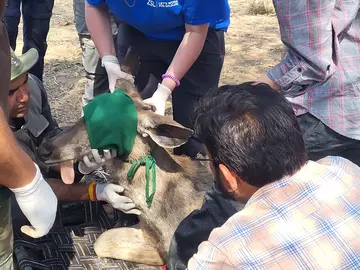
The training will have an impact on wildlife around the world, as conservationists return to their work out in the field ready to implement their new cutting-edge methods.
ZSL Chief Executive Officer, Matthew Gould added: “Being able to share our scientific knowledge with others is crucial to our efforts to stop species from going extinct. ZSL’s unique combination of a global conservation programme, a scientific institute and two zoos means we can develop, test and refine practical methods to keep wild animal populations healthy. I am delighted that veterinarians from around the world have participated in this year's course, and confident it will have real impact for nature.”
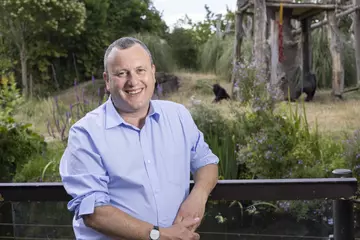
Our Disease Risk Analysis and Health Surveillance (DRAHS) team has provided essential health checks which contributed to the recovery of over 30 species, and by sharing our over three decades of experience supporting wildlife health across the world, we’re empowering conservationists to better protect the natural world.
